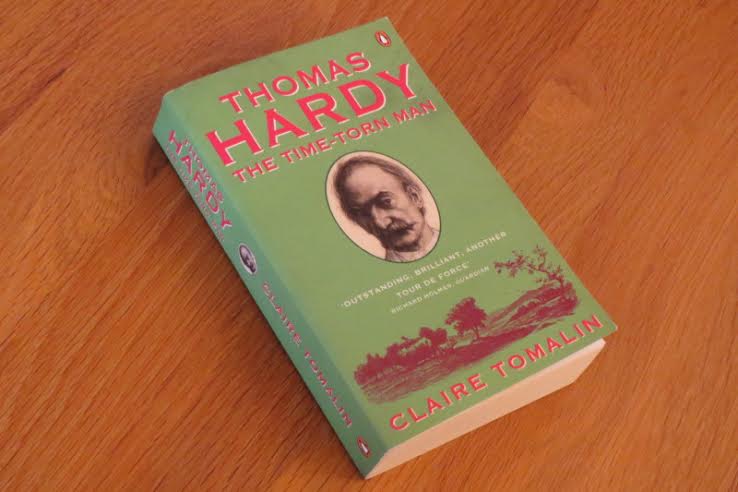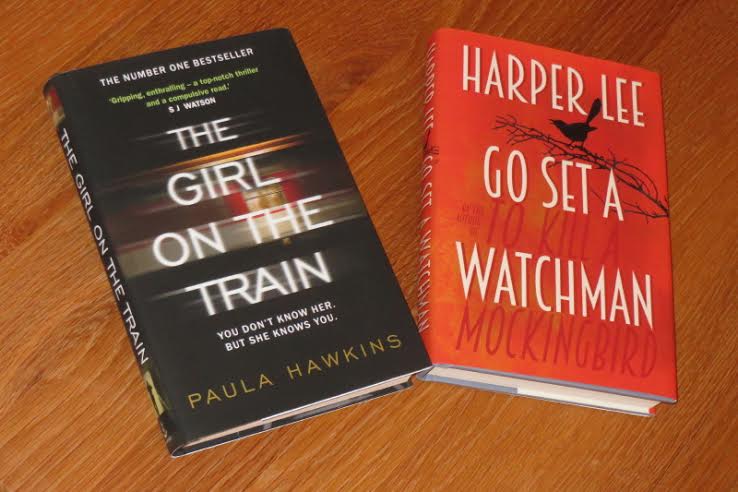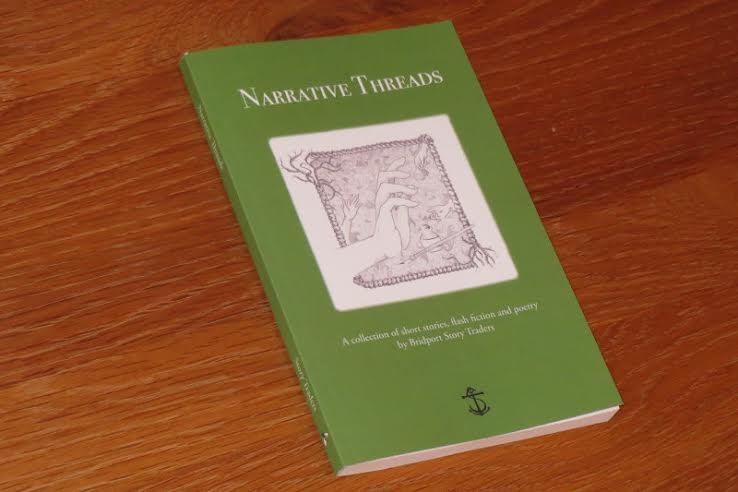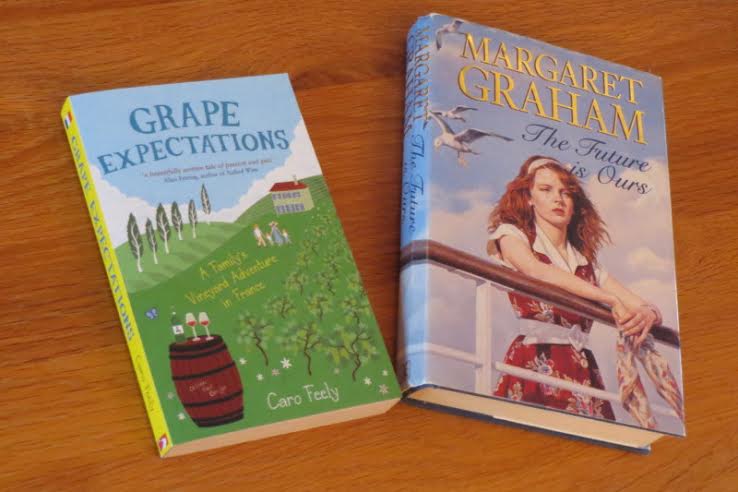The first book I picked up this month was a biography of Thomas Hardy by Claire Tomalin, entitled Thomas Hardy: the Time Torn Man. This is not a quick read. It’s lengthy, detailed, and packed full of information about the life and works of Hardy and the people around him. But it’s not a difficult read. It’s well-written, the information is interesting and for me provided new insights into the work of a great author. I particularly liked learning more about his first wife Emma and trying to understand how their relationship deteriorated over the many years they were together.
Earlier this month I went to a talk at the Cheltenham Festival of Literature by Paula Hawkins, author of the best selling The Girl on the Train. It’s always interesting to listen to an author talking about his or her work. Unfortunately on this occasion an unguarded question from a member of the audience told me the ending of the book before I’d got to it. And that is something you don’t want to happen with a psychological thriller. Despite the spoiler, I did enjoy the book. It’s a fast-paced, keep-you-on- the-edge-of-your-seat read. I got a bit fed up with all the changes from one date to another, and I found the three female characters rather too similar. But I still recommend it – and I gather it’s being made into a film as well.
And then a book I’ve been looking forward to reading ever since I first heard it was going to be published. Go Set a Watchman by Harper Lee, the author of To Kill a Mocking Bird which is such an iconic book that I wasn’t sure if anything else could live up to it. And my conclusion is that it didn’t. Written before To Kill a Mocking Bird and rejected by publishers, it does read like an unedited early version. It’s more a stream of consciousness than a novel with a plot, and there are some annoying sections when the author switches from third to first person. I could see how To Kill a Mocking Bird had developed from it, and how much better a writer Harper Lee became once she had found the voice of the child Scout instead of the adult Jean Louise in Go Set a Watchman. But that doesn’t mean the latter isn’t worth reading. It deals with important issues in its own right and it’s also a significant stepping stone towards fully appreciating the greatness of To Kill a Mocking Bird. I’m very glad to have read it.
A book I have spent a great deal of time reading and re-reading this year is an anthology of short stories and poetry to which I contributed, and for which I was co-editor and proofreader. It’s called Narrative Threads and is a compilation of the work of sixteen Dorset-based authors and poets, known as Story Traders. Every piece in the book has a connection with the theme of rope, because of the importance of the rope and net industry in our local town of Bridport. Of course I recommend it – for its variety and uniqueness as much as anything – even though just at the moment I’ve had enough of going through it with a fine toothcomb.
Next a thoroughly enjoyable couple of evenings reading The Future is Ours, one of Margaret Graham‘s early books. Set during the aftermath of the Second World War and then the Korean War and the run up to the Cold War, a period which has always interested me, it’s a very human story with a delightful main character Rosie. A book which is very easy to read as it’s well-paced and the writing just flows.
And finally something completely different – a family/travel memoir called Grape Expectations by Caro Feely, which describes the new life she and her husband (with two very young children) carved for themselves in a vineyard in the South of France. Not the best-written book of its type I have read, but it’s a compelling read and I have endless admiration for someone who can achieve so much under some fairly adverse circumstances and still have the strength and enthusiasm to write about it.
Overall, not a bad month in terms of number and quality of words read, and books crossed off my list. Onward and upward!




